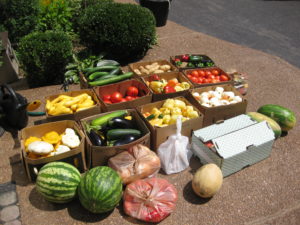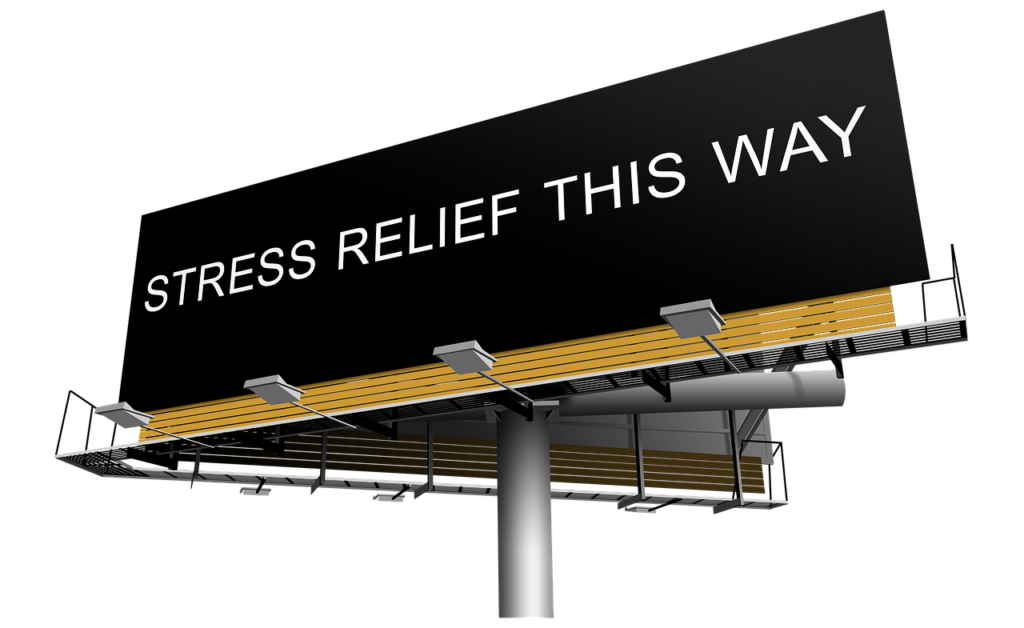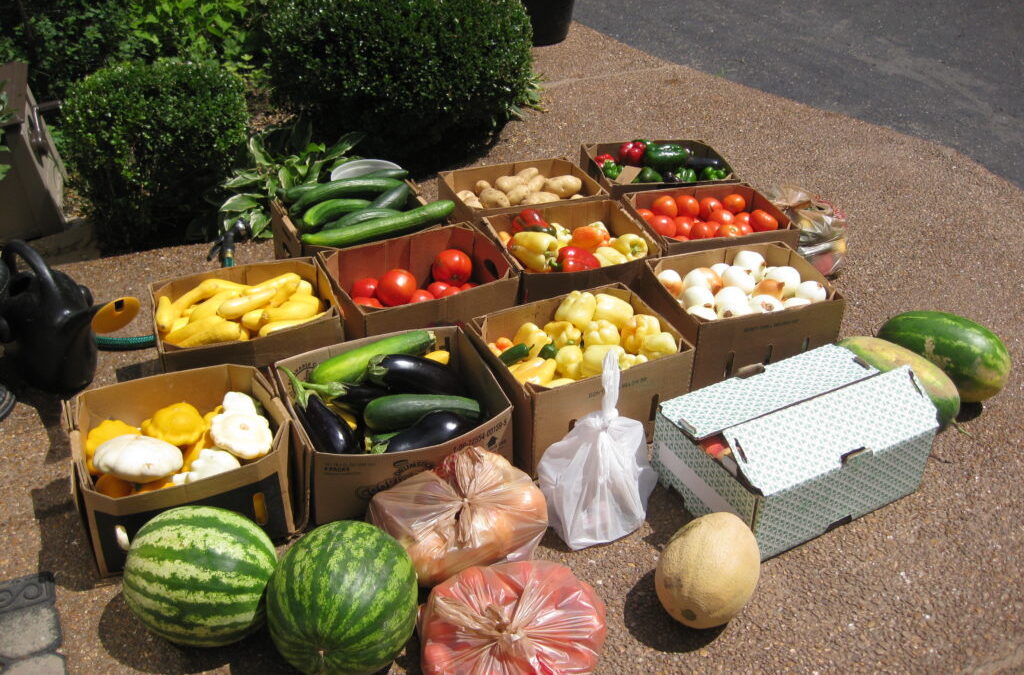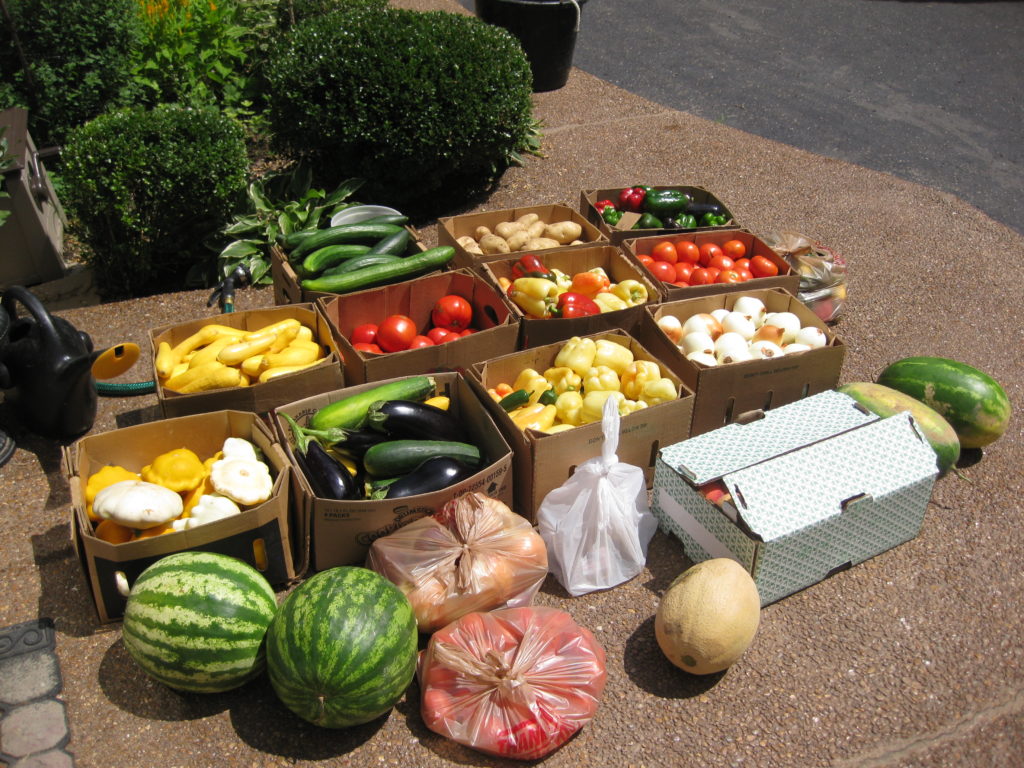
How to enjoy camping with food allergies
How to go camping while managing food allergies.

No matter where you go or what you are planning to do, you always have to take care of your dietary needs.
Rule number ONE when living with food allergies – your needs have to be your HIGHEST priority!
Let me start by sharing a bit about my own experience. I have always loved being outdoors. With my husband, we have made numerous camping trips to many amazing places. Every spring, when the weather got better we started making plans to get outdoors. Being in nature, going on hikes, and discovering new places was the best spent time, we could imagine. However, afte r finding out about my food allergies, adventurous weekends and holidays had changed drastically. My complex dietary needs have put a burden on any traveling or being outside of my home environment. Not being able to have any lactose, soy, peanuts, olives or olive oil made shopping for any trips very hard. And, this is only one side of my own dietary needs – the allergic reaction if I ingest any of those foods. The second and actually harder to deal with is the autoimmune reaction of my body to any gluten. Living with celiac disease means to never know how exactly your body is going to react to any amount of gluten. I can surely count on the digestive problem, but it goes further than that. The autoimmune reaction often brings long-lasting pain and inflammation. Digestive organs and joints being affected the most. I can get lucky and only suffer an episode of pain, but it could get to the point when I have difficulty moving around or walking. That is where I don’t’ want to go.

How to handle the possibility of allergic or autoimmune reaction and still live an active life?
I am going to share some tips to help you prevent mistakes that I have made.
- Take yourself seriously and plan ahead
- Don’t give up what you love, just approach it with your needs in mind
- Talk to others that could help you with preparations and staying on track
- Don’t feel bad about asking for help when you need it
Planning ahead is the key to success of any trip. As I am good at packing and organizing I started preparing menu for myself before getting any other camping gear ready. I started with couple of simple foods that I can make and are easy to pack. My husband also helped me to add additional cooler to accompany my needs. I also started to carry my traveling set of spices, rice, and gluten-free pasta as permanent part of our travels. I would also make a menu for the whole trip to help me figure out how much food I needed and to assure that I can have variety of foods. Often, I was at least able to make it taste differently and more appealing. In addition, I would add few additional snacks and non-perishable options, in case I fancied something different. And – it worked! I started to enjoy camping again and my temporary resistance of heading out for the weekend was gone too!






